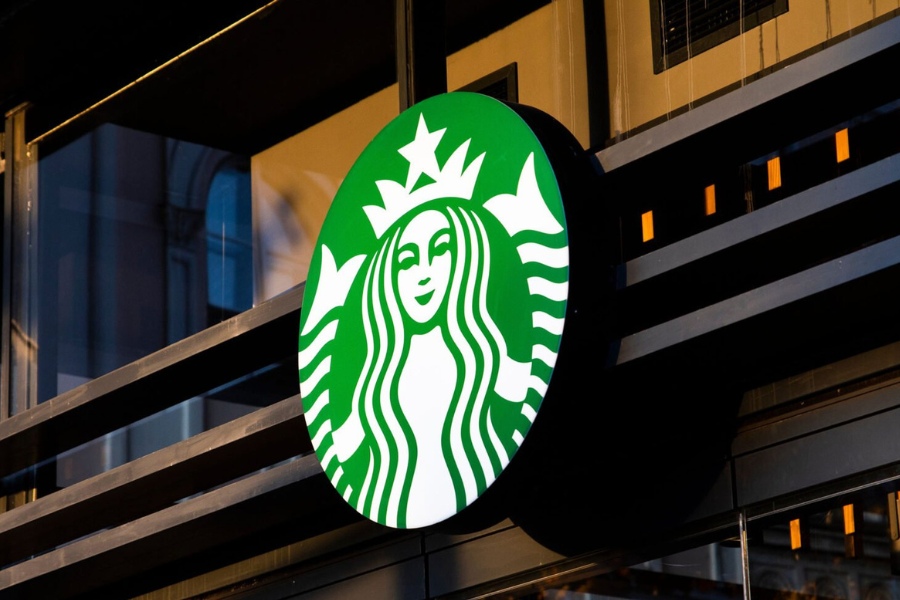For much of her adult life, Singaporean resident Ang Lee has been a passionate meat eater, hitting the city-state’s markets and hawker centres to satiate her carnivorous cravings. In November 2019, her meat preferences took an unexpected turn, she says, when she chanced upon an Impossible Burger on a Saturday evening, The burger ticked almost all the boxes of craving, taste and flavour for the compulsive meat-eater, who has since sharply veered towards Impossible and other meat substitute brands. She also appreciates that these products cause less environmental harm than real meat.
Lee's journey from discovery to preference is one that the leading meat-substitute brands, Impossible Foods and its global rival Beyond Meat, hope millions of consumers across Asia will take. Over the past couple of years, meat alternate (or 'mock meat') labels, led by Impossible and Beyond Meat have been sampling the Asia market, led by China. Now, these two brands believe they have done enough to get not just the Chinese but a broader swathe of Asians to change their diets.
In the past three months, Beyond Meat has been on a tear to convince Asians, starting with hundreds of millions of meat eaters in China, to try out its meat alternatives products. In the past few months it has tied up with F&B businesses such as Starbucks and Yum China (KFC and Taco Bell) to make its products available and appointed a China distributor, Sinodis, to make its products more easily available, in a market where meat consumption is yet rapidly growing.

Products devised and sold by brands such as Impossible Foods and Beyond Meat fall into the meat analogue/substitute category. Their products try to approximate the qualities of conventional meat (texture, flavour and appearance), while also appealing to both health and environment-conscious consumers.
“Beyond Meat aspires to create a global shift in how people define and consume meat,” Stuart Kronauge, Beyond Meat’s CMO told Campaign Asia-Pacific. “Within plant-based foods, plant-based meat is the rising star. In 2019, plant-based meat made up 1% of the $1.4 trillion global meat industry, with Barclays projecting that the category could grow to capture 10% of the market ($140 billion) by 2029.”
“Asia is the No. 1 priority for our growth strategy,” says Henry Woodward-Fisher, a senior member of the international operations for the Mirae Global and Khosla Ventures-funded Impossible Foods, told Campaign. “In two years, we have signed up over 750 restaurants across Singapore and Hong Kong and believe we can go a lot further.” Impossible Foods launched in Hong Kong in April 2018 with three restaurants, Little Bao, Happy Paradise and Beef & Liberty and in Singapore in March 2019 with eight restaurants.
The Asia opportunity and challenge
Asia is a meaty opportunity for these two brands. The region accounts for 44% of global meat consumption and China alone accounts for 28% and Hong Kong is the third highest per capita consumer of beef. “We are not looking to complement meat eating,” says Woodward-Fisher. “We are looking to replace traditional meat consumed by hardcore carnivores—consumers are joining the dots and buying into the way we make our meat and the challenges of feeding a population of 10 billion by 2050.”
Despite the real hard sell of mock meat, industry watchers aren’t convinced it will be easy for these brands to cook up a storm. Nozomi Hariya, an analyst at Euromonitor International, a consumer analysis firm, reckons that growing demand for meat and low consumer awareness towards meat substitute products will continue to be a challenge.
“While trends around healthy eating and ethical concerns are driving a meat-reduction trend and shifting to meat substitute especially in Europe and North America, where consumption levels are already relatively high, meat consumption is growing in Asia Pacific as consumers relate meat consumption to health and social status, and true meat substitute products, such as meat analogue, is still niche with limited product varieties.”
What’s more, the type of meat consumed in the region varies. While countries such as Thailand and Vietnam consume more pork than beef, Muslim-dominated countries like Malaysia and Indonesia consume more poultry, so there is a mismatch between the type of meat substitute available from the global mock-meat brands, which have mostly innovated products to substitute beef.
In addition, these new products are often too costly for price-conscious consumers in Asia, who instead opt for locally available and cheaper options such as tofu and tempeh, which are popular in Southeast Asia.
Kronauge of Beyond Meat thinks that this shortcoming may not last for too long. “We’re working hard to increase accessibility to plant-based meat globally and have set an internal goal to introduce at least one product that underprices its animal protein equivalent by 2024,” she says.
Beyond the early adopters
While these two mock-meat brands may have captured the early adopters, their Asia charge is likely to be slowed now, as they seek to rope in new converts and manage their initiatives in the middle of a pandemic. With restaurants shut and people wary from being at social occasions in the past few months, getting consumers to sample these products has been a challenge.
In this tough market, Woodward-Fisher of Impossible says that the firm is now looking beyond its early adopter restaurants and wants to send its meat packs directly to consumers. This means the mock-meat brand is expected to be sold more widely online and off, as acceptance grows. “We want to complete everywhere animal products are sold,” he adds.
For example in early May this year, Impossible announced a limited-time initiative to support Singapore’s F&B industry that would allow restaurants and its distribution partner, Classic Fine Foods, to resell its inventory of Impossible Burger bricks—a package intended for restaurants—directly to customers. For Singaporeans, this was the first time that they will have the opportunity to cook Impossible’s offerings at home. This initiative was designed to help provide restaurants and distributors with an additional revenue stream for takeout orders, or a means of by reducing perishable inventory during short-term closures.
The brand also ran an Earth Month campaign throughout April, to demonstrate how its products are more environmentally friendly than traditional meat. By eating these products, consumers saved, according to the company, roughly the land area of 391 tennis courts or three times the size of Jewel Changi Airport; or the water equivalent of 16,846 showers averaging 10 minutes; and greenhouse gas emissions equal to over 222,276 km driven in a car. The campaign made business sense too—Deliveroo Singapore saw a 53% increase in orders for Impossible dishes from key restaurant partners.
Starting with China
Beyond Meat, meanwhile is making a serious push into China—the brand has established a Chinese-language website as well as branded Weibo and WeChat accounts. “We will use these platforms and partnerships to engage consumers and elevate our storytelling around the powerful nutritional and environmental benefits of plant-based meat,” claims CMO Kronauge.
Last year, Beyond Meat launched its first Go Beyond campaign with NBA stars Kyrie Irving, Chris Paul and Victor Oladipo. “This year, as we continue to tell our Go Beyond story, you’ll see us highlighting more personal journeys, including with local partners in China,” she adds. Already, the firm’s GoBeyond Ambassador roster is 30 strong, and also includes skier Lindsey Vonn and actors Leonardo DiCaprio, Kevin Hart and Jessica Chastain.

In April of this year, Beyond Beef launched on the menu at most Starbucks locations across China, marking Beyond Meat’s entry into mainland China. “This milestone delivers on the brand's strategic focus on Asia as a key region for long-term growth,” says CMO Kronauge. “We see Asia as a key region for strategic long-term growth and are committed to investing in both personnel, manufacturing capabilities and infrastructure to support Beyond Meat’s vision of being a global protein company.”
The firm’s international presence has exploded, she adds, without divulging too many specifics. “For our international business, which excludes US distribution, we have seen strong traction. In less than one year (May 2019-March 2020), we’ve grown our international retail distribution by 11,900% and our international foodservice distribution by 1,033%.” Beyond Meat is currently distributed in several countries across Asia including Singapore, South Korea, Thailand, Vietnam and the Philippines.
While these two brands have made small inroads into Asia, it may be some time yet before they dominate a market that yet dearly loves it meat.











